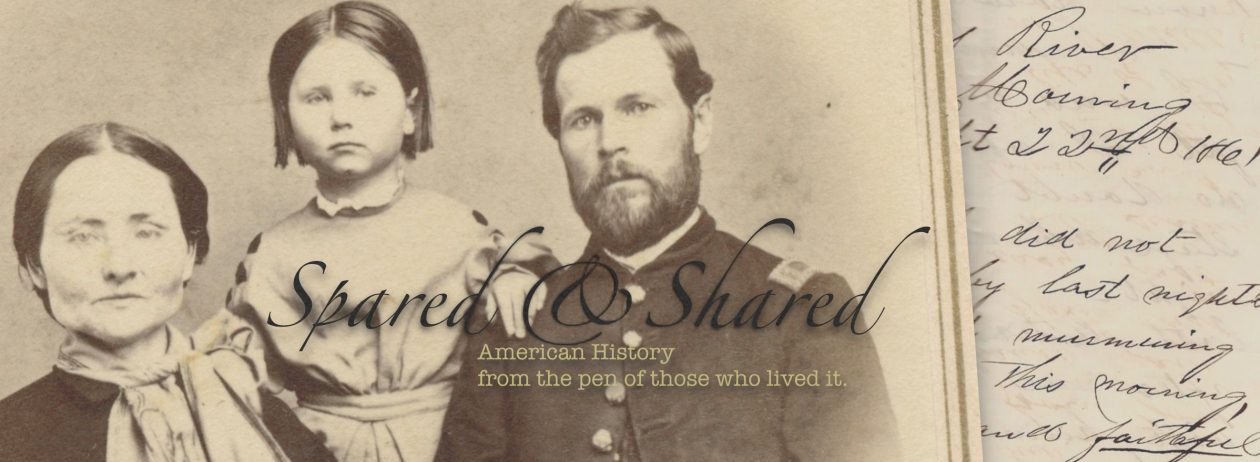
This letter was written by Leroy M. Dodge (1839-1862) who enlisted at St. John’s, Michigan, on 12 August 1861 to serve in Co. B, 8th Michigan Infantry. Leroy was killed in the Battle of Secessionville on 16 June 1862 but not before seeing action at the Battle of Port Royal—as described in this letter, as well as other skirmishes. Leroy’s body was never recovered by the Union forces after the battle of Secessionville. He was likely buried with 45 others in a mass grave at Fort Lamar on James Island.
Leroy was the son of Stephen A. Dodge (1818-1902) and Rhoda A. Casper (1817-1894) of Greenbush, Clinton county, Michigan. Leroy’s older brother was Capt. James Porter Dodge (1838-1879) who also served inn ythe same company and regiment as Leroy.

Transcription
Hilton Head, South Carolina
December 2, 1861
Mr. Green
Dear Sir,
It is with pleasure that I sit down to pen a few lines to in answer to what you wrote to me in M. B. Face’s letter. I was very glad to hear from you and I was glad to hear that you was well. I am well and I hope that you are the same. We have first rate times here only it is very warm. I am in my tent and the sweat stands out on my hands and face as bad as it would in Michigan in June.
I suppose that you have heard of our victory over the Rebels in South Carolina. The Stars & Stripes again float over the first state that tore it down and trampled it in the dust. The Rebels will remember the 7th of November as long as there is one on the face of the earth.
I will try and give you a short detail of the battle. It commenced at 9 o’clock A. M. [when] our fleet commenced to move up the Bay headed by the flagship Wabash. It moved around in circles, first pouring a broadside into Ft. Seward (formerly Beauregard), then coming around and giving Ft. Walker a broadside. We poured the shot and shell into [it] like rain for 3 hours when they abandoned the forts with great loss while our loss was very small. The Rebels have left the island and we are left here in quiet.
We are all very healthy here and are in good spirits. I wish you could see some of our Rebel blankets that we got after the rebels left. They are very handsome. You can see one at Porter Jewett’s for my brother James sent one to his wife. She is living at Mr. Jewett’s. It is a good specimen of the blankets that we have got.
You must give my love to all of the friends and tell them that I would like to see them. We will drive the Rebels clear across the continent if our officers will give us the chance. You must write to me often for I like to get letters from friends at home. No more at present. Goodbye from your friend and well wisher. From, — L. M. Dodge
To Samuel Green & Benjamin Green
I would write more but I am one of the cooks and I must get supper. P. S. James Travis has got a discharge on the account of sickness.





